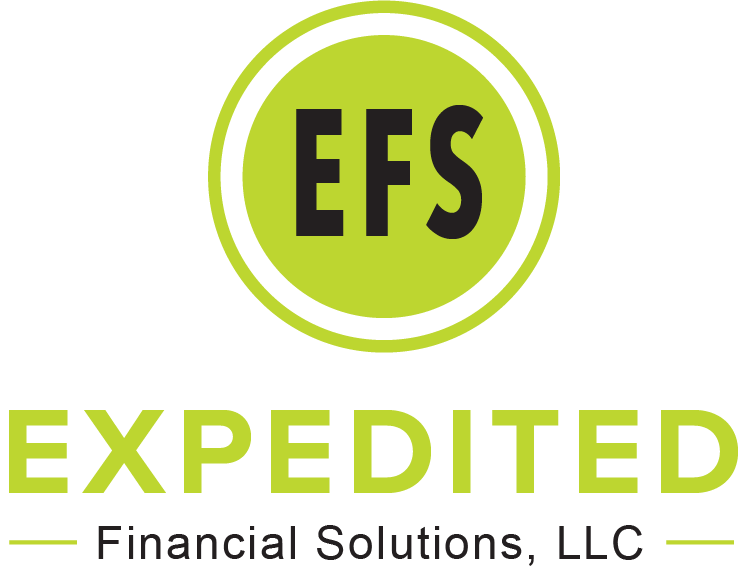Build Your New Business Credit
One of the most difficult things about establishing a new business can be building credit for business loans and equipment leasing. Here are some guidelines on building credit for your new business and ways to get short-term loans until you can qualify for standard small business loans.
Your Business Needs Cash Now
One thing you can do to make sure your new business can leverage credit to maintain cash flow is to maintain your personal credit. Whether it is to acquire a bond that relies on your personal credit, or you use your personal credit to fund your business at first, good credit lowers interest rates on loans and makes it more likely that you will be approved. Personal loans to fund your business, however, aren’t going to build your business credit but another option may help.
Invoice financing, also called factoring, is a way to get cash for your business which can also help build your credit. When you invoice customers you may not get paid for up to 90 days which is a huge lag for a new business. If you’ve provided goods and services but need cash sooner than you’re likely to get paid, you may want to consider factoring. Factoring is like selling your receivables to a third party for a cash infusion. The transaction is established on the creditworthiness of your buyers who have open invoices, not your own credit. Your customer then pays the finance company its open invoice. There is an interest fee that goes along with this type of service, so not only will you have cash, but it will help with the next part of your plan: building credit.
Your Business Needs to Build Credit
The payments you make for invoice factoring help build credit because you are building a payment history, keeping your credit use low and building trust by paying your bills on time. Even if you don’t use invoice financing, there are steps every new company can take to build credit. First, get your checking and savings accounts started and apply for a credit card for the business. Remember that ideally you never use more than 30% of your available credit. Then make sure you have a DUNS number. Your Dun & Bradstreet number is where the credit report for your business is stored, and all your account and payment history will accrue there.
Managing a new business is a juggling act at first, but if you focus on building credit and maintaining cash flow, you’ll be ready for all the opportunities in your future.




